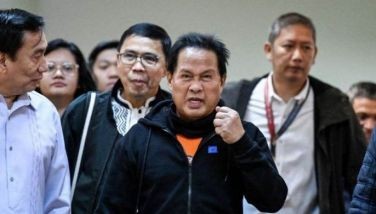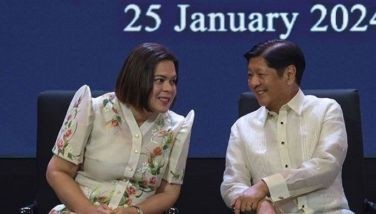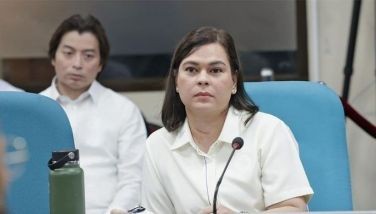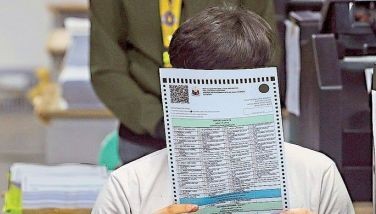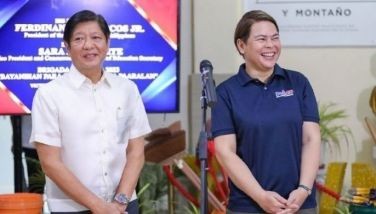Filipino policymakers, education experts look to Australia for best practices
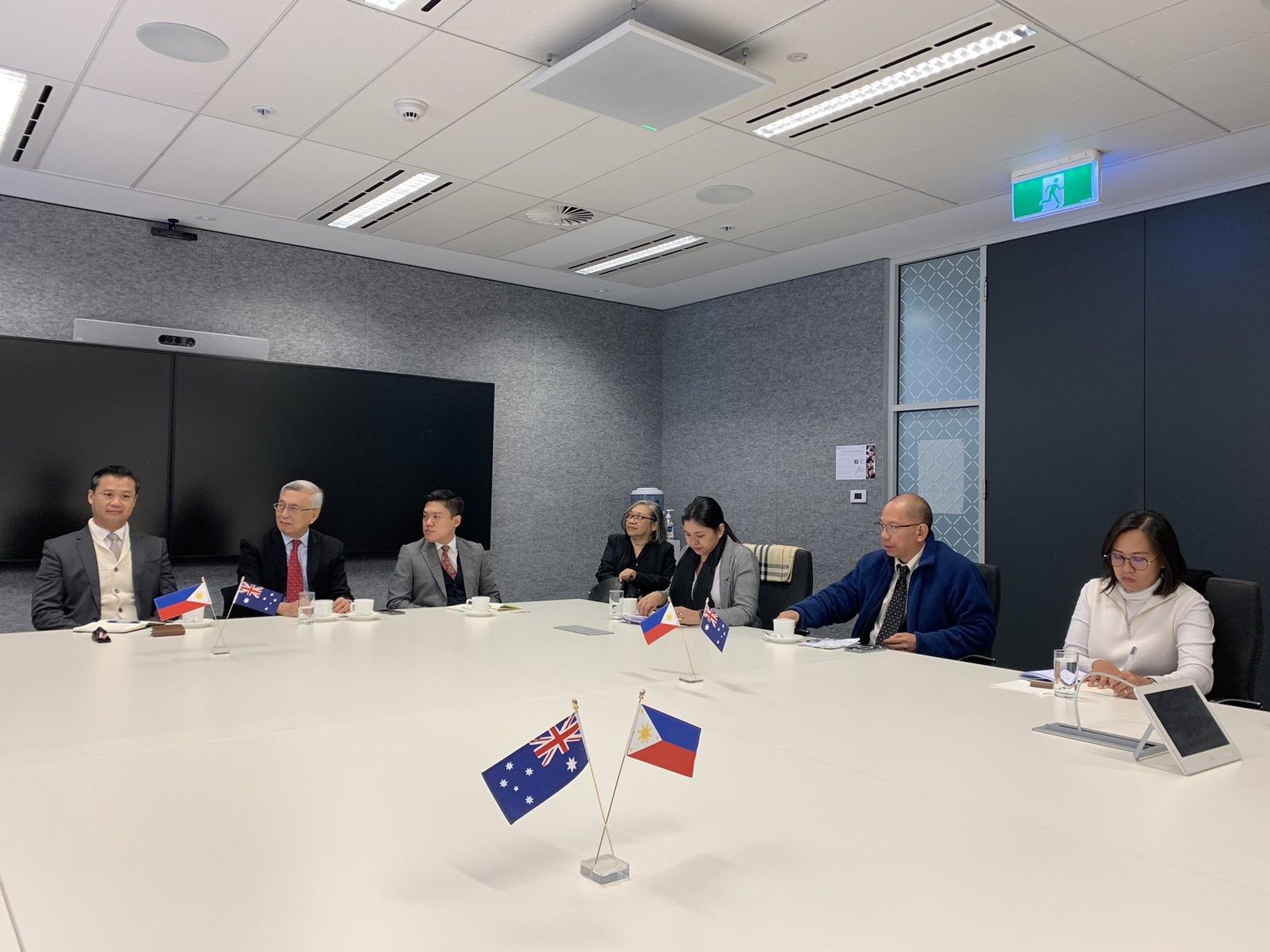
MANILA, Philippines — Policymakers conducting the biggest review of the Philippine education system since the 90s toured Australia last week for a “learning visit,” taking note of best practices to help solve the country’s eduction crisis.
Members of the Second Congressional Commission on Education (EDCOM 2), along with other education experts and advocates, visited several Australian education institutions from April 30 to May 6 to gain insights into their schooling system.
They studied aspects of Australia’s education governance, teacher quality, assessment, early childhood education and government-industry-academia collaboration for lifelong learning, EDCOM 2 said in a statement.
“Visits like these further our understanding of what effective and meaningful education systems look like on the ground,” EDCOM 2 Executive Director Karol Mark Yee said.
Led by EDCOM 2 co-chairpersons Sen. Sherwin Gatchalian and Rep. Mark Go (Baguio City), the tour included stops in the University of Melbourne’s Assessment and Evaluation Research Centre, the Australian Council for Educational Research, RMIT University, Canberra Institute of Technology, and Jobs and Skills Australia.
EDCOM 2 shared in a statement the best practices they took note of during the visit, which it said will inform its work as it begins its three-year review of the Philippines’ education system:
- On reducing hours spent by teachers on non-teaching, non-learning tasks
Institution visited: Australian Institute for Teaching and School Leadership (AITSL)
“The visit provided insights into best practices that could help improve capacity in training, supporting, and empowering teachers and principals—fitting into the Commission’s Priority Area 18 on in-service training and development,” EDCOM 2 said.
- On reviewing curriculums and crafting learning assessments
Institution visited: Australian Curriculum, Assessment and Reporting Authority (ACARA), an independent body managing the Australian national curriculum
“(We) learned about how they develop and review their national curriculum, as well as setup mechanisms for assessment,” EDCOM 2 said.
- On improving government’s ways of receiving feedback from the education sector
Institution visited: Australian Education Research Organisation (AERO)
“The delegation sought to understand how the Australian government currently studies gaps in their system, providing an internal feedback loop that enables them to continuously improve," EDCOM 2 said.
Members of the congressional body are also "drawing up a list of major reforms” that they will work on, “especially on higher education and teacher education,” according to Go in a Facebook post about the visit.
Yee added that EDCOM 2 will also look to the Philippines’ own models for best practices and exemplars in the next months.
“Together, these success stories can become prototypes of where we want to go in our own educational landscape in the Philippines,” Yee said.
While Australia's performance in the PISA results has declined through the years, its independent schools, which are its non-government schools, are among the best-performing in the world, placing third in reading literacy (after Singapore and China), fourth in science and eighth in math, according to results from PISA 2018.
From 2000 to 2021, the share of adults in Australia who have completed college or university studies has increased “at an even faster pace than on average” compared to the world (from 31% in 2000 to 54% in 2021), according to the Organisation for Economic Co-operation and Development.
The Philippines scored the lowest in reading comprehension, second lowest in mathematics and science literacy in PISA 2018—results that formed part of the World Bank's 2021 estimation that nearly four out of five Filipino children “do not know what they should know in school.”
- Latest
- Trending
















